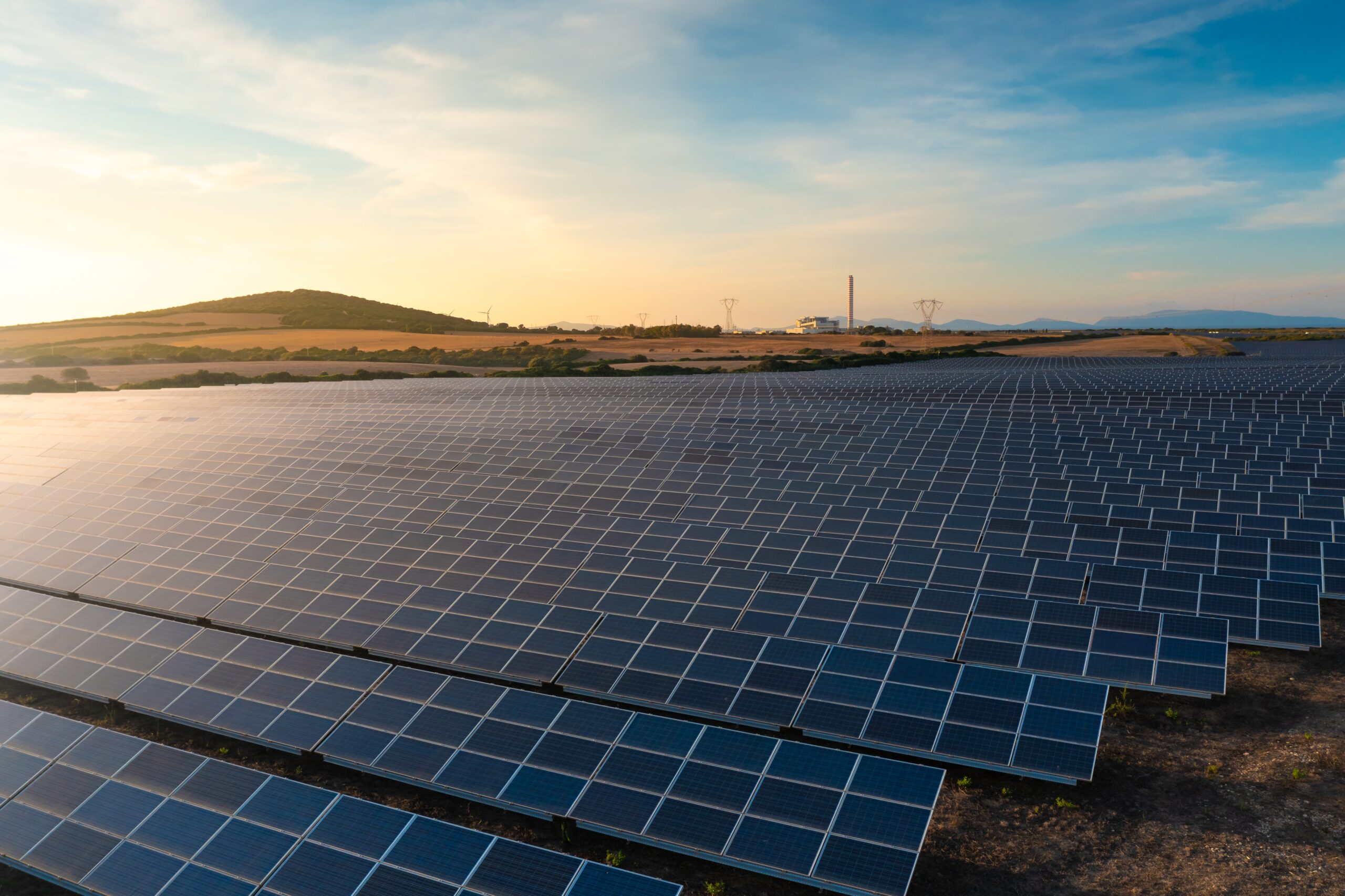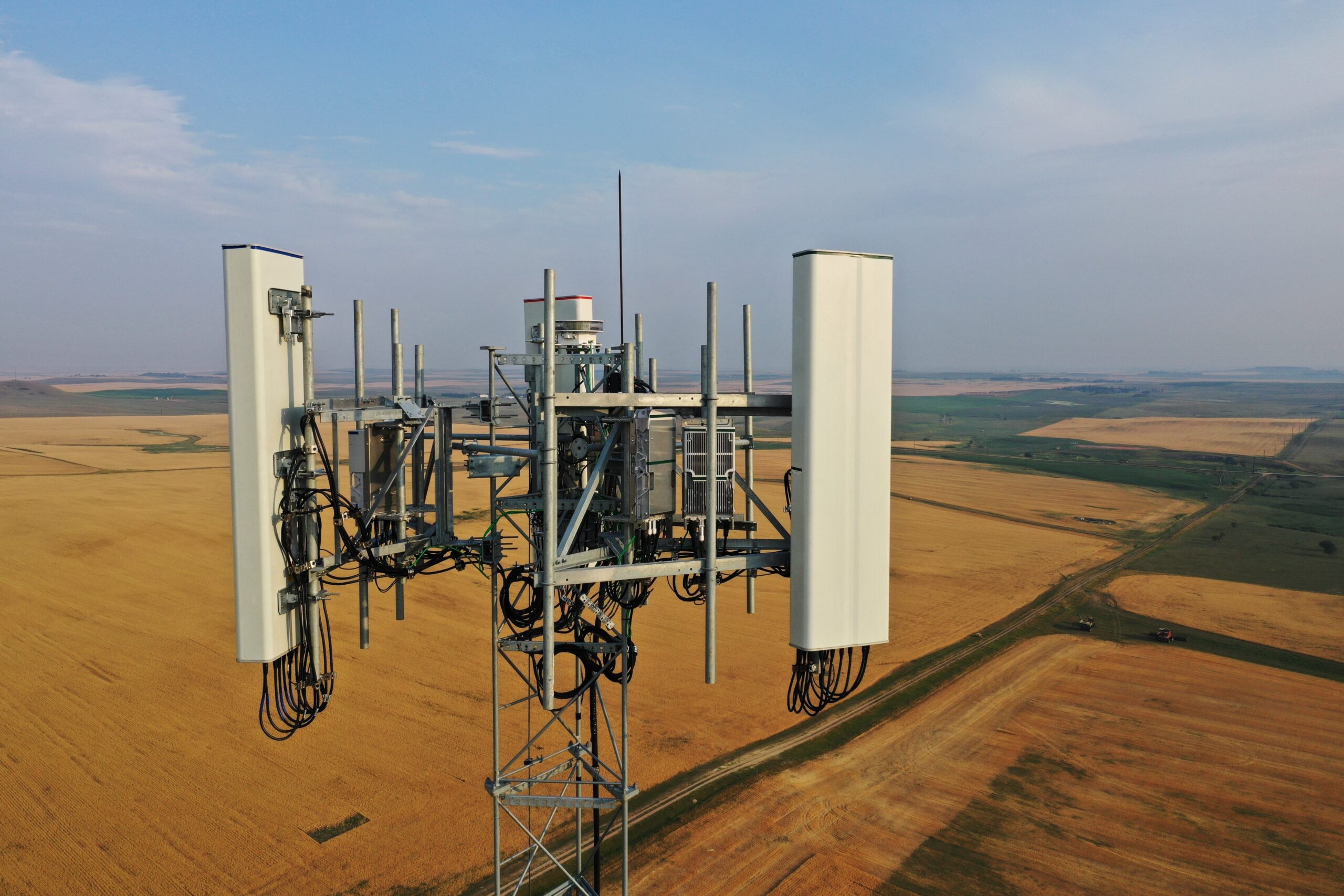INFRASTRUCTURE INSPECTION

The Benefits of Using Drones for Energy Site Management and Inspection
In recent years, drones have revolutionized the energy sector by streamlining site management and inspection processes. Equipped with advanced imaging technologies, drones offer a safer, faster, and more cost-effective alternative to traditional methods. Here are some key benefits and examples of how drones are transforming energy industries.
Enhanced Safety
Energy site inspections often involve hazardous environments, such as high-voltage power lines, wind turbines, or oil and gas facilities. Drones eliminate the need for human workers to physically access these dangerous areas, reducing the risk of accidents and injuries. For example, drones can be deployed to inspect high-altitude wind turbines, sparing technicians from climbing tall structures.
Increased Efficiency
Traditional inspection methods are often time-consuming and labor-intensive. Drones can quickly survey large areas, capturing high-resolution images, thermal data, and even 3D maps. This speed allows companies to identify and address issues, such as equipment wear or pipeline leaks, in a fraction of the time. Solar farms, for instance, benefit from drone inspections that detect panel defects or shading issues with thermal imaging, ensuring optimal energy output.
Cost Savings
By reducing the need for scaffolding, helicopters, or extensive manpower, drones significantly cut operational costs. For oil and gas pipelines, drones equipped with LiDAR and infrared sensors can monitor for leaks or structural weaknesses without requiring shutdowns, minimizing downtime and maintenance costs.
Examples of Energy Industries Benefiting from Drones
- Renewable Energy: Wind and solar farms use drones to inspect turbines and panels, ensuring efficiency and reducing downtime.
- Hydropower: Drones are used to inspect dams and reservoirs for structural integrity, monitor water flow, and survey erosion or sediment buildup. These tasks, traditionally done by divers or heavy equipment, are now safer and more efficient with drone technology.
- Power Utilities: Electric companies utilize drones to inspect power lines, substations, and transformers, especially after storms or natural disasters.
By embracing drone technology, energy companies can not only improve operational safety and efficiency but also enhance environmental stewardship by detecting issues early and preventing large-scale incidents. As drones continue to evolve, their role in energy site management and inspection is only set to grow.

